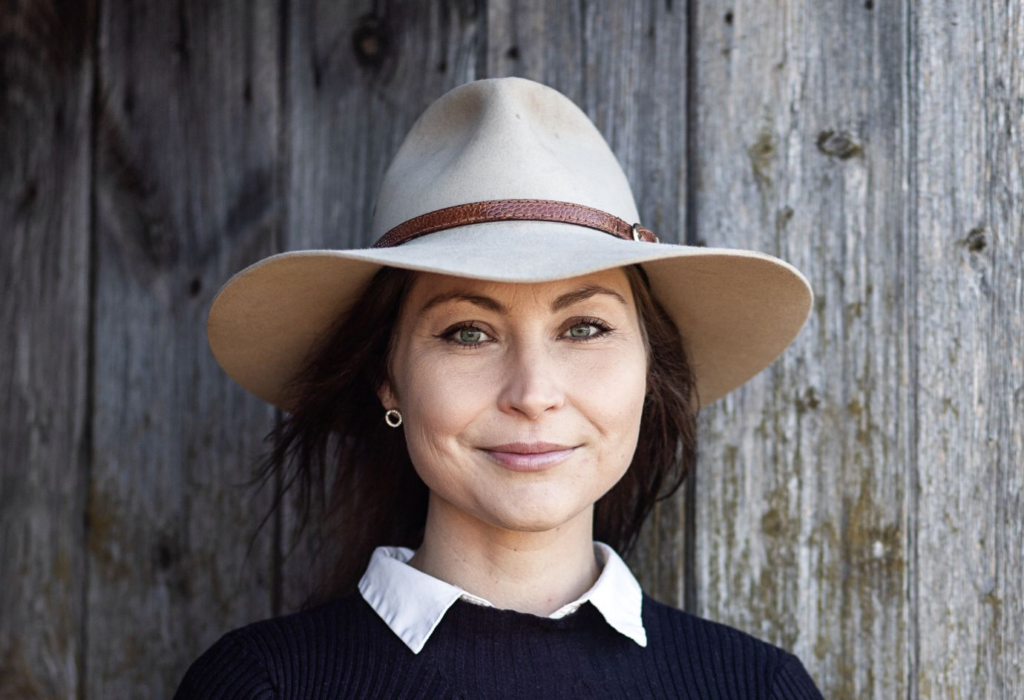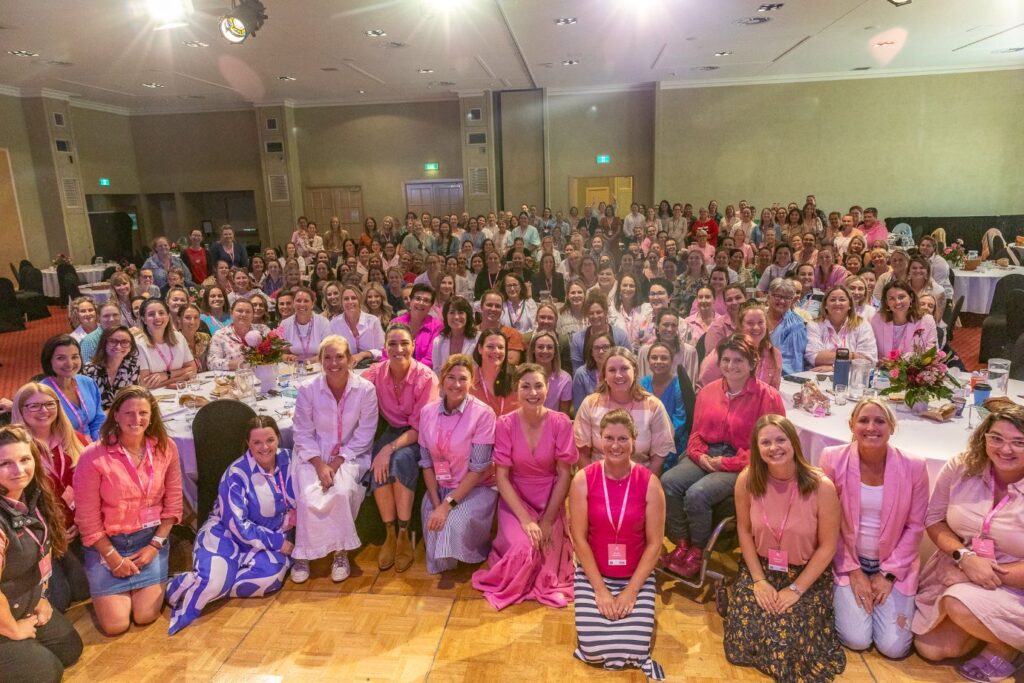It’s said it takes a village to raise a child, but for rural mothers facing social and geographical isolation, the idea is often a paradox.
It’s something Stephanie Trethewey learned first-hand when she fell in love with a farmer from Tasmania and later moved to live on a farm with her six-month old baby.
“Overnight, I lost my village. I had no family, no friends, no support services. I couldn’t access a mother’s group. It was the perfect storm,” Trethewey tells Women’s Agenda.
As a first-time mum, Trethewey was faced with geographical isolation from her existing support network and quickly, she learned how much it takes to live on and run a farm. It was “relentless”, as she describes.
“I was facing the relentlessness of motherhood as a first-time mum and then a farm that was also relentless and was pulling my husband away,” she says.
“I couldn’t find support. I couldn’t find that social connection. My friends in the city just didn’t get it because they were living a different life.”
A major life event – like having a baby or moving away from family and friends – can spur on feelings of loneliness, Medibank’s latest Loneliness Population Index found. In fact, those who currently or recently experienced a significant life event are significantly more likely to score highly on the UCLA loneliness scale (70 per cent) than those who haven’t (30 per cent).
Medibank’s research has also found that 10 per cent of Australians cited moving to a remote or rural area as a trigger for their loneliness, while 35 per cent said they felt lonely after being away from family and friends.
Without a mother’s group, or her usual ‘village’ to call on, Trethewey says she felt lonelier than ever.
“I did research, and I did a survey online, and found that over 50 per cent of rural mums can’t access a mother’s group, which is just a luxury a lot of people in the city take for granted,” Trethewey said.
“I couldn’t believe it, because it’s just something I believe every mother deserves. That social connection is so important.”
Trethewey, now a mum of two children, is the founder and CEO of Motherland, a national charity that supports and connects rural mothers and delivers services to reduce isolation and improve mental health outcomes.

With a background in journalism, Trethewey began by sharing the stories of rural mothers in a podcast that has grown to have had over 1.1 million downloads.
“There was no organisation in Australia dedicated to supporting rural mothers before Motherland,” she says. “There was nothing, and I couldn’t see myself in any stories.”
“Motherland has really created a community for rural mums. Nationally, we’ve been able to mobilise them and give them a place, not just to share their stories, but to reduce isolation and to have a tangible impact on their mental health.”
Motherland is now behind Australia’s first online rural mothers group program. It’s grown over the years to become an incredible six-week program.
Data collected by the charity shows the program is having a substantive impact on improving outcomes for women who take part.
If women are struggling with their mental health before the program, 98 per cent say it supported them to improve their mental health, while the loneliness rating for women in the program improves by 87 per cent on average.
“Over 85 per cent of rural mums say that feeling lonely or isolated is the hardest part of rural motherhood, that it’s the hardest challenge,” Trethewey says.
“When it comes to loneliness and mental health in the bush, it’s not one size fits all. There’s a lack of village, there’s lack of childcare, there’s lack of support services. So, it’s kind of no wonder that so many rural mums are struggling.”
Long term friendships and short term connections to fight loneliness
Three and half years since its launch, Motherland’s flagship mother’s group program has had a long-lasting impact on women across rural Australia.
“Most, if not all of the groups are still connected and they’ve maintained that mother’s group online indefinitely. Some of them have gone on girls’ trips and met their group and are close friends years later,” Trethewey says.
“It’s resulting in long term friendships and also short term connections, which I think is also important.”

This year, Motherland has introduced five experts to the program, covering topics like matrescence, self-care and self-love, empathy and connected parenting.
“We’ve got these incredible people delivering these videos, and that all helps, because you sometimes can feel lonely within yourself if you don’t understand your own motherhood journey.”
To learn more about Medibank’s commitment to reducing loneliness head to We Are Lonely | Medibank.
About the research
Research commissioned by FiftyFive5 on behalf of Medibank. Research was conducted in July 2024, among a sample of (n=4,131) Australians.
If you need to speak to someone now, you can reach Beyond Blue on 1300 224 636 or call Lifeline on 13 11 14. New parents can contact the PANDA support helpline on 1300 726 306.

